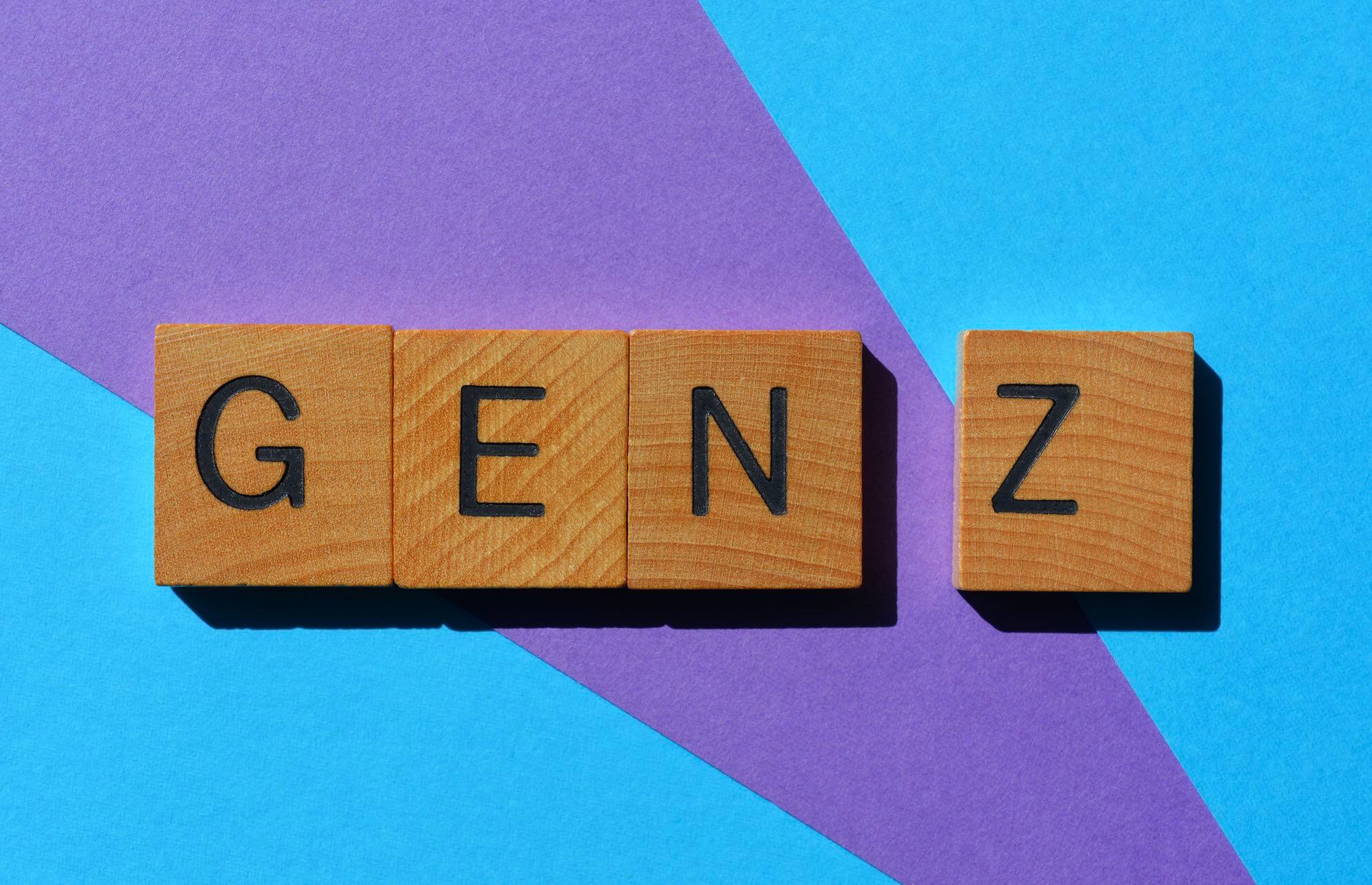
Generation Z or “Gen Z” is composed of individuals born between 1997 and 2012, meaning the youngest members of this generation will turn 11 at some point in 2023, and the oldest members will have their 26th birthdays during the year. Given that current high school and college-aged students belong to Generation Z, there has been interest in rates of substance abuse in this cohort. The latest statistics tell both good and bad news; on the one hand, rates of alcohol abuse are declining among teens and young adults. On the other hand, Gen Z seems to be more susceptible than previous generations to drug abuse. Below, learn what the numbers show.
Alcohol Misuse in Gen Z
Recent headlines have applauded Gen Z for drinking less alcohol than previous cohorts, but before jumping to any conclusions, it’s important to take a look at the data. If there truly has been a decline in alcohol misuse in Gen Z, we must compare this age group to the Millenials who came before them, with birth years between 1981 and 1996.
To begin, it’s helpful to look at the results of the 2012 National Survey on Drug Use and Health from the Substance Abuse and Mental Health Services Administration. According to survey results, 30.5% of those aged 18 to 20, who would have belonged to the Millennial generation at the time the survey was completed, were binge drinkers, defined as consuming 5 or more drinks in one occasion. Furthermore, 40.1% of college students aged 18 to 22 were binge drinkers as of 2012, compared to 35% of those in this age range but not enrolled in college.
Fast forward to the 2021 National Survey on Drug Use and Health, and 29.2% of those aged 18 to 25 were binge drinkers, representing a slight decrease from 2012. Furthermore, just 3.8% of adolescents aged 12 to 17 were binge drinkers, compared to 2012, when 5.4% of those aged 14 to 15 and 15% of those aged 16 to 17 were binge drinkers.
Binge drinking data suggest that alcohol consumption has declined at least slightly among Gen Z compared to the Millennial generation, but rates of alcohol addiction tell a different story. As of 2021, 15% of young adults aged 18-25 and 3.4% of adolescents aged 12 to 17 had an alcohol use disorder, which is the clinical term for an alcohol addiction. In 2012, 3.4% of those aged 12 to 17 and 14.4% of those aged 18 to 25 met clinical criteria for an alcohol use disorder. These numbers suggest that rates of alcohol addiction have remained relatively stable, increasing slightly among young adults.
These national data are helpful, but given that results were collected in 2021, they may not reflect the most current trends. According to data from the Institute for Social Research at the University of Michigan, rates of alcohol use among 8th, 10th, and 12th graders have been on the decline since the 1970s. From 2010 to 2020, there was a general decline in alcohol consumption among all of these grade levels.
It’s also helpful to look at the results of market research, which provide additional data and reflect actual purchasing trends. According to research compiled in 2022 by Knit, there has been a significant decrease in the proportion of those of drinking age who consume alcohol at least once per week, with 15% of Gen Z and 28% of Millennials reporting at least weekly drinking. However, 35.5% of Gen Z reports that their drinking has increased since pre-pandemic.
In summary, national data show slight decreases in binge drinking among Gen Z compared to Millennials, and overall, Gen Z is drinking less compared to the prior generation, even if they did begin drinking more during the pandemic. Unfortunately, the general decrease in alcohol consumption has not reduced rates of alcohol addiction, which have remained relatively stable.
What’s driving the decrease in drinking?
Market research from Knit suggests that the decrease in drinking among Gen Z may be explained by several factors:
- Gen Z tends to drink in moderation, citing special occasions, socializing, and having fun as top reasons for drinking.
- Gen Z is full of abstainers, who avoid alcohol because they don’t like the taste, want to avoid hangovers, or are worried about long-term negative effects.
- Gen Z is wellness-focused, and they may give up alcohol for weight loss, improved sleep, or increase energy levels.
Drug Misuse on The Rise
While the decrease in drinking among the Gen Z cohort is encouraging, that doesn’t mean this generation is out of the woods just yet. In fact, as rates of drinking are decreasing, drug misuse is on the rise. According to a report from the National Institute on Drug Abuse (NIDA), in 2021, rates of mairjuana and hallucinogen use among young adults reached the highest levels since 1988. Between 2011 and 2021, marijuana use in young adults rose 13.2%, and hallucinogen use increased 4.7% during the same time. Hallucinogens commonly used by young adults include LSD, MDMA, mescaline, peyote, “shrooms” or psilocybin, and PCP.
In addition, rates of vaping among young adults nearly tripled between 2017 and 2020. These patterns suggest that while alcohol misuse may be on the decline, rates of abuse of other substances are increasing. Over time, trends in substance abuse change, and today’s teen and young adult generation is still at risk of harm from addiction.
Another alarming trend among Gen Z is the increase in drug overdoses. Among teens aged 12 to 17, there was a significant increase in drug overdose deaths between 2019 and 2020, and the death rate more than doubled from 1.2 deaths per 100,000 to 2.6 deaths per 100,000 among boys. The rate among girls increased from 1.1 deaths per 100,000 in 2019 to 1.7 deaths per 100,000 in 2020.
Talking to Your Teen
It is just as important as ever for parents to have open conversations with their teens about substance misuse. Experts recommend that parents approach their teens early, and give them warning about what the conversation will involve. For instance, it can be helpful to ask your teen if they are available at some point over the next week to talk about drinking and drugs. It’s also helpful for teens to know that they aren’t in trouble, and you’d just like to have a conversation.
When talking with your teen, be sure to speak with respect, and set clear rules surrounding substance misuse. Rather than simply lecturing, give your teen a chance to express their feelings and ask questions. It’s also important for you to explain why you’re setting rules about substance abuse. For instance, a teen will be more likely to respect your rules if you explain that you’re setting rules to reduce the risks associated with substance abuse, such as drunk driving, injuries, or addiction.
Finally, it’s helpful to maintain ongoing dialogue with your teen and check in with them from time-to-time. Communicate to your teen that if they are struggling, they can come to you and ask for help with no repercussions. If you are worried that your teen shows signs of addiction, it’s important to reach out for professional assessment and intervention.
For those in the Southern California region, Mission Harbor Behavioral Health offers teen addiction treatment at our two office locations in Los Angeles and Santa Barbara. Contact us today to schedule an appointment.




